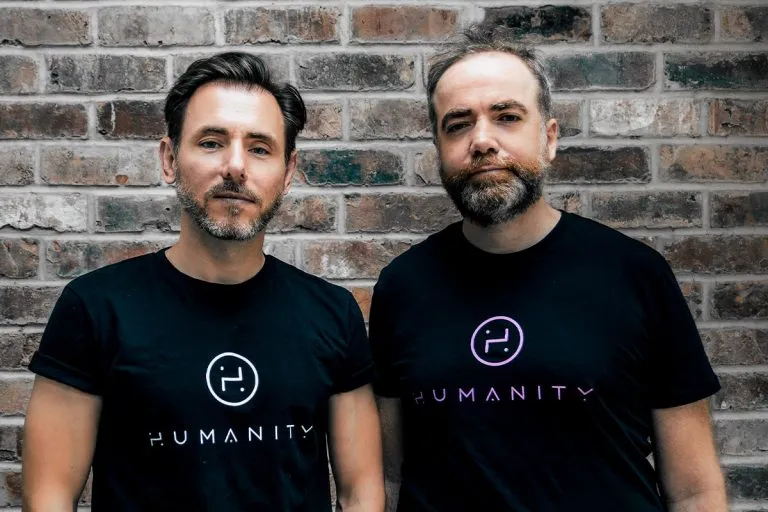CO-LABS
- Cybersecurity
- HealthTech
- CleanTech
- Other
Powerful success stories of our collaborations with cutting-edge innovators across HealthTech, CleanTech, RetailTech, and more.

Nection
Leveraging AI-powered recommendations for personalized engagement
Customer Relationship Management
Treatline
Implementing Intelligent Document Processing to streamline the Prior Authorization Process in Healthcare
HealthTech, InsurTech
Posthumously
Creating a Digital AI Twin to connect with loved one’s memories and work through the grief stages
Other
HealthTech client
Understanding impact of genetic factors in SARS-CoV-2 infection development
Healthtech
Creative Practice Solutions
Developing an AI-Driven Medical Transcription & Billing System
HealthTech

Talk to our expert team from Europe
Get in touch

Talk to our expert team from USA
Get in touch






